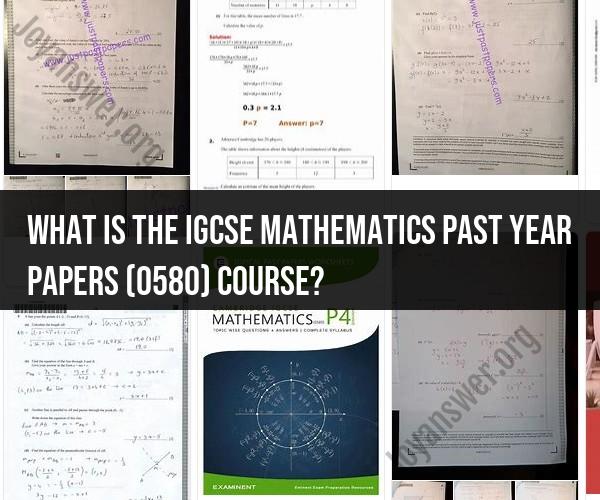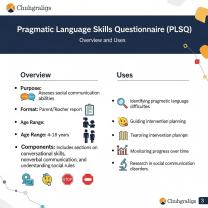What is the IGCSE Mathematics past year papers (0580) course?
Excelling in IGCSE Mathematics (0580) involves a combination of understanding key concepts, practicing problem-solving skills, and familiarizing yourself with the format of past year papers. Here's how you can effectively use past year papers to enhance your preparation:
Understand the Syllabus:Make sure you are familiar with the entire syllabus for IGCSE Mathematics (0580). This will help you identify the topics that are likely to appear in the exam.
Gather Past Year Papers:Collect past year papers from various sources, including your school, educational websites, or official Cambridge websites. These papers will give you a clear idea of the exam format and the types of questions asked.
Review Marking Schemes:Along with the past papers, obtain the marking schemes. These documents provide not only correct answers but also insights into how marks are allocated for each question. Understanding the marking scheme helps you gauge the depth and accuracy of your answers.
Create a Study Schedule:Allocate specific time slots for solving past papers in your study schedule. Consistency is key; aim to solve at least one paper every few days.
Start with Timed Practice:Begin by simulating exam conditions. Set a timer for the actual exam duration, and attempt a full paper. This helps you manage your time effectively during the real exam.
Analyze Mistakes:After completing a paper, review your answers. Identify the questions you got wrong or struggled with. Understand the mistakes you made and revise the related concepts.
Review Solutions:Compare your answers with the marking scheme to see where you went wrong. Pay attention to the steps and approaches required to solve each question correctly.
Focus on Weak Areas:Use your mistakes as a guide to identify your weak areas. Spend extra time revisiting these topics and practicing related questions.
Variety of Papers:Don't stick to a single year's papers. Solve a variety of papers from different years to expose yourself to a wide range of question styles and difficulty levels.
Track Progress:Keep a record of your scores and progress over time. This will help you monitor your improvement and adjust your study plan accordingly.
Review Frequently Tested Topics:After solving multiple papers, you'll notice that certain topics appear more frequently than others. Prioritize these topics during your revision.
Time Management Strategies:Develop effective time management strategies. Allocate the appropriate amount of time to each section based on your strengths and weaknesses.
Practice Mental Math:Work on mental math skills to quickly perform calculations, as this can save you time during the exam.
Simulate Exam Environment:Practice in an environment that closely mimics the exam hall to minimize surprises during the actual exam.
Stay Positive and Confident:As you progress with your practice, build your confidence. Positive thinking and self-assurance can significantly impact your performance.
Remember that practicing past year papers is just one part of your overall preparation. Combine this strategy with thorough concept understanding, regular revision, and seeking help from teachers or tutors when needed. The key is to approach your studies with dedication, discipline, and a growth mindset.













